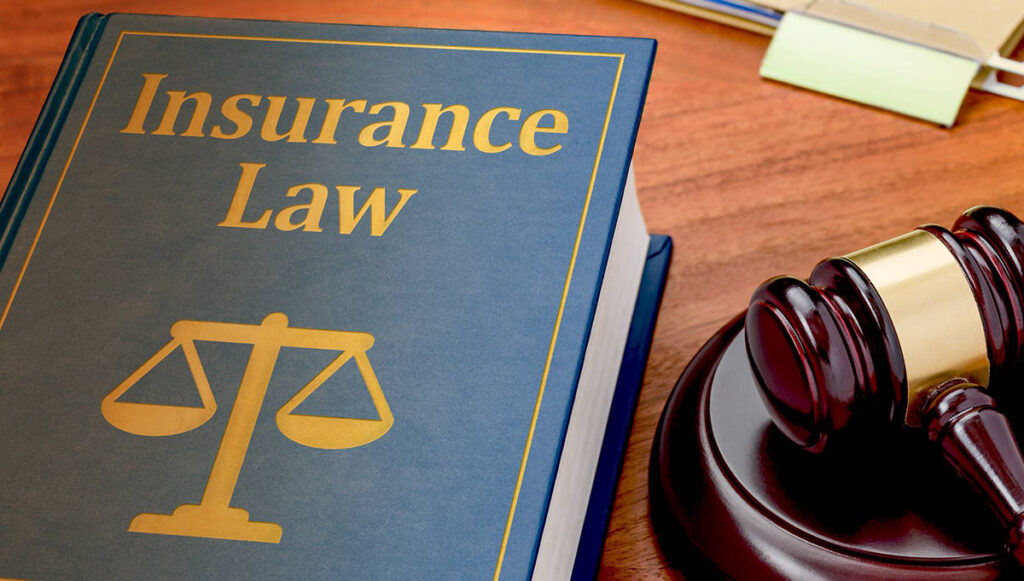SMEs that have experienced a financial issue as a result of the pandemic restrictions could now look to their insurers for substantial payouts, following the New South Wales Court of Appeal pronounce that the COVID-19 pandemic exclusions in business interruption (BI) policies are faulty.
Insurers could be facing millions of dollars in claims from businesses that suffered financially as an effect of the pandemic limitation, after the NSW of Appeal denied the industry’s reasoning that the pandemic falls within the “quarantinable disease” preluding under the Quarantine Act 1908 and subsequent amendments.
The ruling comes after insurers IAG, QBE and Suncorp persistently impose that the pandemic exclusions should stand, meaning that the court’s decision has now exposed insurers to hundreds of millions of dollars in claims.
The test case rule circulates around two plaintiffs — HDI Global Specialty SE and the Hollard Insurance Company — and four defendants from the tourism and retail sectors. The Insurance Council of Australia (ICA) introduced it to obtain a formal clarification on whether insurance claims need to be paid to SMEs affected by the COVID-19, after various complaints to AFCA by small businesses whose claims had been rejected.
As Richard Enthoven, a Chief Executive Officer from Hollard Insurance Company mentioned in a statement that they will remain of the clear view that BI inclusions do not apply during pandemics. But, he also stated that they volunteered to be part of the test case process in order for the court system to clarify for the business policyholder. They assured that Hollard and the industry know how to handle the priority issue.
During the first quarter of this year, Clayton Utz, a law firm, expounded that while Business Interruption policies are usually prompted by property damage, policies may also consist of extensions for business interruption depletion caused by human infectious disease.
In addition to that, Mark Waller, a partner of Clayton Utz, stated at the time that these rules generally respond where there is an outbreak of the disease either at the business premises or within a particular radius such as 20 kilometres as a sample — or where the government has requested the premises to be closed or evacuated as a direct response to there being infectious disease at the premises or within the particular radius.
The special counsel Chris Erfurt also asserted at the time some businesses are being mistakenly led to believe that their policies will not cover them for the pandemic situation because it falls off within the “quarantinable disease” exclusion, which applies to “quarantinable diseases under the Quarantine Act 1908 and subsequent amendments”.
“Our view is that it is not correct to interpret the exclusion as applying to a pandemic,” according to Mr. Erfurt. “For one thing, the Quarantine Act was repealed nearly five years ago, so it does not apply to COVID-19. While some of the subject matter the repealed act covered is now contained in the Biosecurity Act 2015 (Cth), that act is not a ‘subsequent amendment’ to the Quarantine Act. In any event, a listed human disease under that act — which does include COVID-19 — does not fit within the description ‘quarantinable disease’ under the exclusion, as that is a distinct concept under the repealed legislation.”
Subsequent to the court’s policies, the ICA has issued a short statement, setting out its course of action that they will immediately prioritise to review the determination and specifically the grounds on which it could search exceptional leave to appeal against the decision to the High Court of Australia.
At Invigor8 we have trusted Business Insurance Brokers who can review, quote, and compare your current insurance policies for not only business interruption, but all areas of business insurance. Let us know if you would like an introduction
